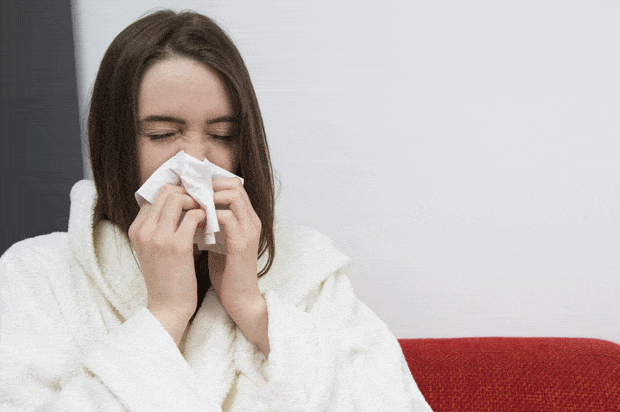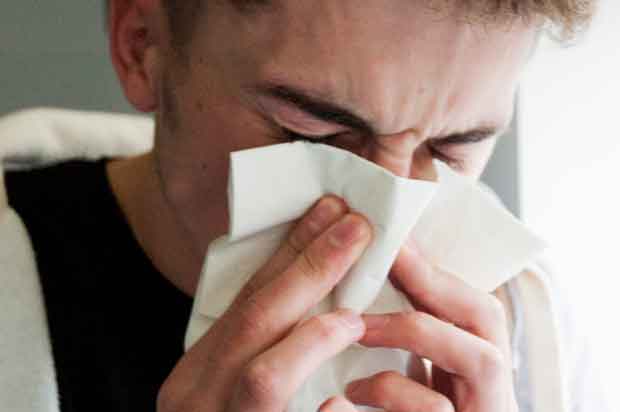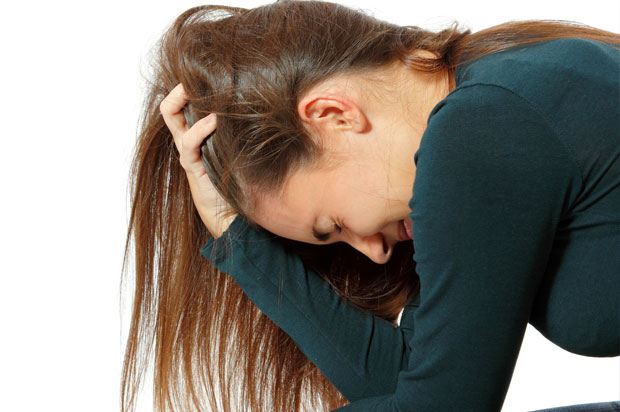Health tips for winter
The nights start to draw in; energy levels drop and with it goes our good health. If this all sounds familiar you need to give yourself a health MOT.

Be the only person without a cold this winter
Boost your immune system
A better immune system is the key to feeling good and staying well. If it’s neglected, we open ourselves up to illness (especially colds and flu), tiredness and depression. Boost yours through:
- Eating carbohydrates – This doesn’t mean pigging out on bread and chips: the best carbs for our immune system are wholefoods as well as fruit and vegetables.
- Eating less fat – No more than 20% of calories should come from fats. Try to get it from natural sources such as fish, nuts and seeds.
- Drinking milk, eating cheese and snacking on yoghurt – Dairy products are full of vitamins which boost your immune system.
- Eating porridge for breakfast – Oats have lots of vitamins, plus you can add raisins or a banana to make it tastier and healthier.
- Including enough protein in your diet -Meat, fish and dairy produce, all contain protein; as well as beans, lentils, nuts and seeds.
Fight fatigue
Feel happier, more motivated and have enough energy to go out on those dark evenings:
- The decline in hours of sunlight during the winter months has a direct effect on our energy levels. Try to make the most of the sunlight we do have by taking a decent walk at lunchtime and exposing yourself to plenty of fresh air.
- A sleeping routine may not sound very exciting but it will do no end of good to your wellbeing. If your body has an erratic routine it won’t know when to send itself to sleep – even if you are ready and waiting – and that leads to irritation and frustration. The Sleep Council has some top tips on getting a good night’s sleep.
- Although it’s tempting, don’t crank the heating up too high – it leads to lethargy and poor concentration. Place draft excluders by each door and invest in some good curtains to keep your rooms cosy, then set the heating at a moderate temperature.
- The oldest trick in the book, and still the wisest – drink less alcohol. You know how rough it makes you feel the next day, not to mention being knackered and irritable, too. To lessen the effects, try to alternate alcoholic drinks with mineral water when you go out.
- Ginseng supplements can help beat temporary bouts of fatigue.
Beat the blues
Even the most optimistic of personalities can feel blue at this time of year. Avoid that sinking feeling by:
- Exercising regularly. This improves the fat profile of the blood, strengthens the heart, decreases resting pulse rate and – best of all – produces the hormone-like chemicals, endorphins, that make us feel happy. Yay!
- Getting more light. If you notice a massive swing in your moods when the nights start drawing in, you could be suffering from Seasonal Affective Disorder (SAD) the best way to combat this is by investing in a light box, making the most of the light hours we do have, or splashing out on a sunny holiday.
- Giving your surroundings a face-lift. Introduce as much light and colour to your environment as possible and cheer yourself up with fresh flowers and lots of plants to improve the quality of the air you breathe.
- If you are seriously down, visit your GP who will be able to give you more suggestions about treatment.
Banish dry skin
Cold weather and damp conditions play havoc with our skin, nails and lips, making us feel craggy and unattractive. With a little TLC you’ll feel (almost) as good as you did on your summer holidays:
- Water dries the skin out, so don’t have more that one shower or bath a day and avoid very hot water. Likewise, central heating has a drying effect, so keep it at a moderate temperature.
- Use a mild soap rather than a harsh perfumed one. Better still, boost circulation with a body scrub or body mitt – it’ll really help to get your blood pumping!
- Dab skin gently with a towel and apply a moisturiser (again not overly perfumed) and apply while the skin is still damp.
- Wear light, loose clothes whenever possible to avoid irritation.
- Always carry a tube of hand cream and some lip balm to avoid symptoms worsening while you are out and about.
Photo of girl sneezing by Shutterstock.
Next Steps
- Chat about this subject on our Discussion Boards.
By Hannah Jolliffe
Updated on 29-Sep-2015
No featured article










